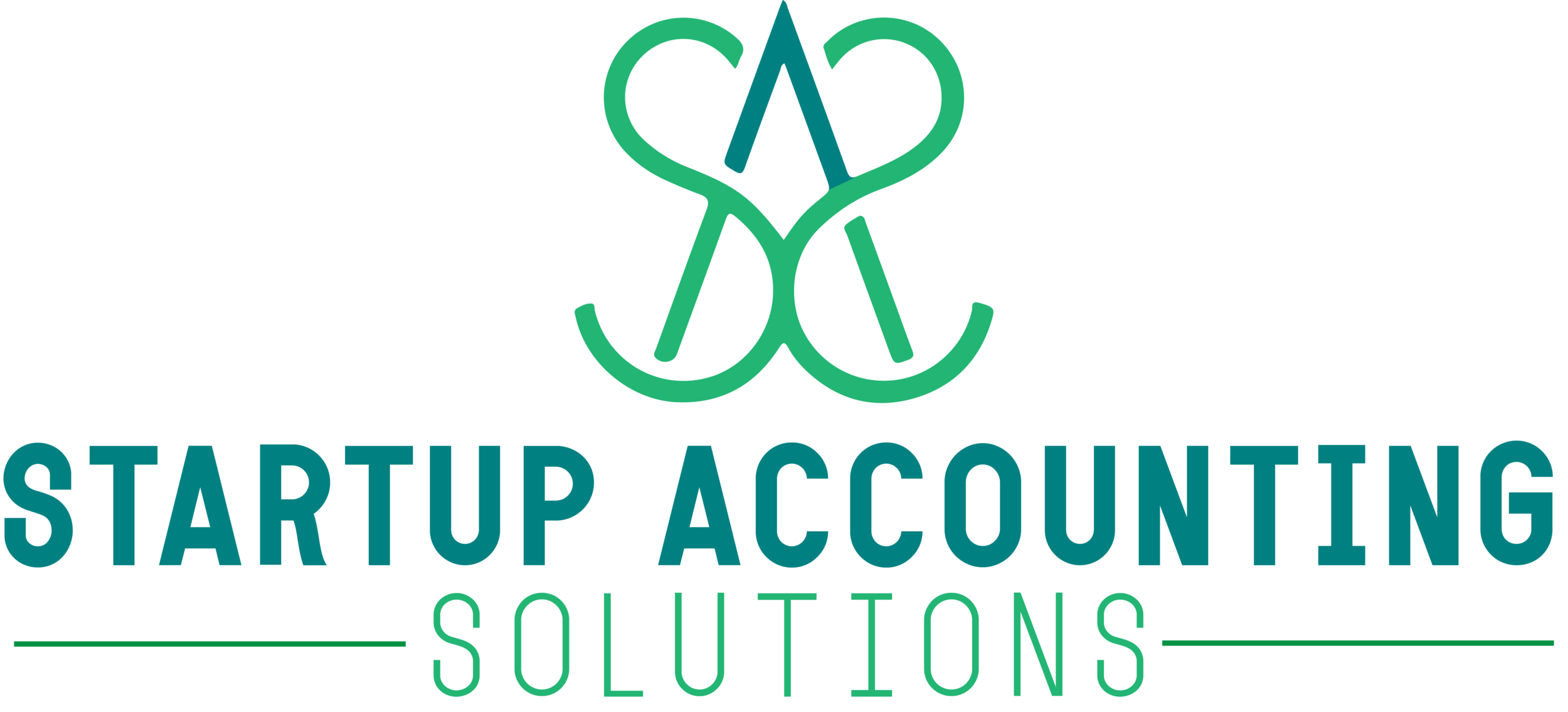How to Choose a Business Structure
Have you decided to finally take that step towards starting and registering your business? Are you concerned as to what structure or form your business should take?
Choosing the right structure happens to be one of the most difficult decisions to make for starters. In fact, some experts in the business scene also have to sit carefully to properly make decisions on this one.
There are basically four common business structures that most of the companies you know or have heard of use. Although there are others, we will pay more attention to the most common ones.
Be informed though that any structure you choose for your business would affect other factors. Factors like your personal liability, your company's taxes, the way you raise funds, and others.
Sole proprietorship
It is not a coincidence that we're starting with this one. Sole proprietorship happens to be the simplest form a business can take. It is a one-man business, which makes it even easier as you don't need the consult anybody before taking decisions.
Unlike other business structures that actually function as entities separate from the business owners, a sole proprietorship business is not a separate legal entity. This means that the owner of the business is liable to pay off the company's debts from his personal account.
Your personal debts and profits are the company's debts and profits, the company's debts and profits are also yours.
Limited liability company
Limited liability companies are corporate entities. This means that they are viewed as separate legal entities from the business owner(s). The company can sue anybody and can be sued by anyone.
Unlike sole proprietorships where the owner may be personally involved in the payment of debts, a limited liability company is different. The company pays its own debts and the owner only gets a specified percentage of the profits of the business.
The owner of the business can be sued by the company, arrested and even jailed for misappropriation of the company's fund.
Partnership
A partnership is a business that is carried on by two or more individuals. These individuals come together having the same goals for the business.
In a partnership, there is usually a sharing ratio. This means that, whether the company runs a loss or earns a profit, the partners get to share it in the specified ratios. The sharing ratio usually depends on each partner's input (financial or activity) in the business.
Each partner is liable for his own debts. The debts of a partner are not transferred to the other partners, as long as the overall debts have been shared, each partner deals with his own personal debts.
Corporation
A corporation is quite similar to a limited liability company in that it is seen as a legal entity separate from the owner(s). It can sue and be sued, it has the right to sell off properties, acquire loans, sell shares, get taxed, and make profits.
Corporations usually are difficult to set up and run. They require a very strong level of record keeping. They have to pay income tax on their profit, unlike limited liability companies and partnerships whose profits get taxed from the owner(s) share of profit.
They can raise funds by selling shares to the public with whom they get to share profits or losses at the end of the fiscal period.
Other business structures may include the following:
Non-profit organizations
Limited liability partnerships
B Corp
Joint ventures
S Corp
Cooperatives, amongst others.
Each business structure is unique in its own way and has different obligations. It is important to properly study which one fits the description of the kind of company you're trying to set up and which one would give you less trouble.
